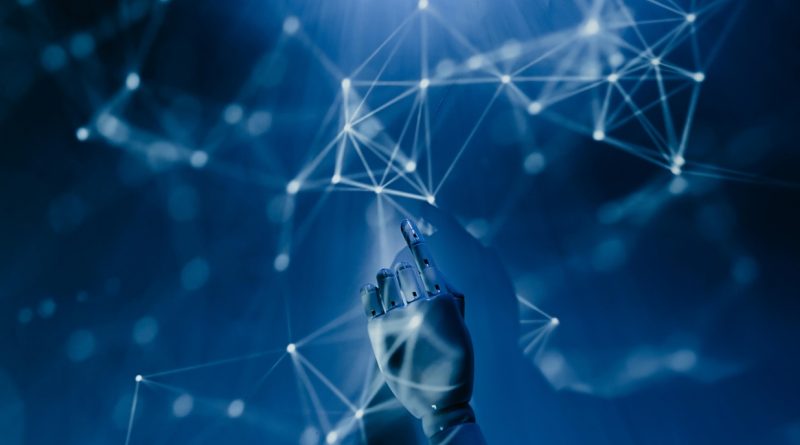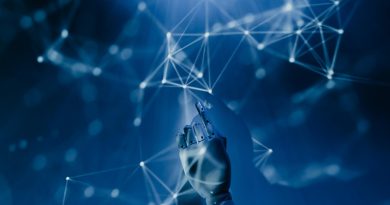The New Workforce: How AI Agents Are Already Automating Marketing, Sales, and Customer Support
The conversation about AI’s impact on the workplace often veers into dystopian fantasies of mass unemployment. But the reality unfolding in 2025 is less about replacing entire departments and more about the quiet deployment of a new, non-human workforce: AI Agents.
Unlike the chatbots we’ve grown used to, these autonomous agents are being given specific goals, access to company systems, and the ability to execute multi-step tasks. They are being “hired” to automate the most repetitive and time-consuming workflows in key business areas, fundamentally changing the nature of work for their human colleagues.
Here’s a look at how this new AI workforce is already being put to work.
The Automated Marketer
Marketing departments are using AI agents to accelerate research and content creation at a scale that was previously unimaginable.
- Market Research on Demand: A marketing manager can now task an agent with a goal like, “Analyze the top 10 competitors for our new product. Create a report detailing their key features, pricing, and a summary of their customer sentiment based on public reviews.” The agent can autonomously browse websites, read articles, and synthesize a comprehensive report in hours, not weeks.
- Content Creation at Scale: While a human still sets the strategy, AI agents can execute it. They can be tasked to write first drafts of blog posts, create dozens of variations of ad copy for A/B testing, and generate social media updates, complete with relevant imagery. Other specialized agents can then schedule and distribute this content across multiple platforms.
The Tireless Sales Development Rep (SDR)
The top of the sales funnel—finding and qualifying new leads—is a numbers game, and it’s perfectly suited for AI agents.
- Automated Lead Generation: An AI agent can be given a specific ideal customer profile and set loose on professional networks like LinkedIn and industry databases. It can identify thousands of potential leads, research their companies to ensure they are a good fit, and automatically populate the company’s CRM with clean, qualified data.
- Personalized Outreach at Scale: This is the game-changer. An agent can take a list of 1,000 qualified leads and draft a unique, personalized outreach email for each one. It can reference the lead’s specific company, their job title, and even a recent article they’ve published, all without human intervention. This automates a task that would take a team of human SDRs weeks to complete.
The 24/7 Customer Support Agent
The simple, frustrating support chatbot is being replaced by a far more capable AI agent.
- True Resolution, Not Just Deflection: A modern support agent can do more than just answer basic questions. With secure access to backend systems, it can handle real tasks. It can process a refund, track a missing package, or help a user reset their password.
- Intelligent Escalation: When a customer’s problem is too complex or emotionally charged for the AI to handle, the agent doesn’t just give up. It intelligently escalates the ticket to the correct human support professional, providing them with a complete transcript and a summary of the steps it has already taken. This allows the human agent to step in with full context and resolve the issue faster.
The Result: A Promotion for The Human Worker
The immediate impact of this new AI workforce isn’t mass layoffs; it’s a massive shift in human roles. People are being freed from the repetitive, data-driven, and often soul-crushing parts of their jobs. Their roles are becoming more strategic. They are becoming the managers of their own team of AI agents, setting the high-level goals, handling the most complex and valuable customer relationships, and focusing on the creative, strategic work that machines still can’t do. The new workforce isn’t here to replace us; it’s here to give us all a promotion.




